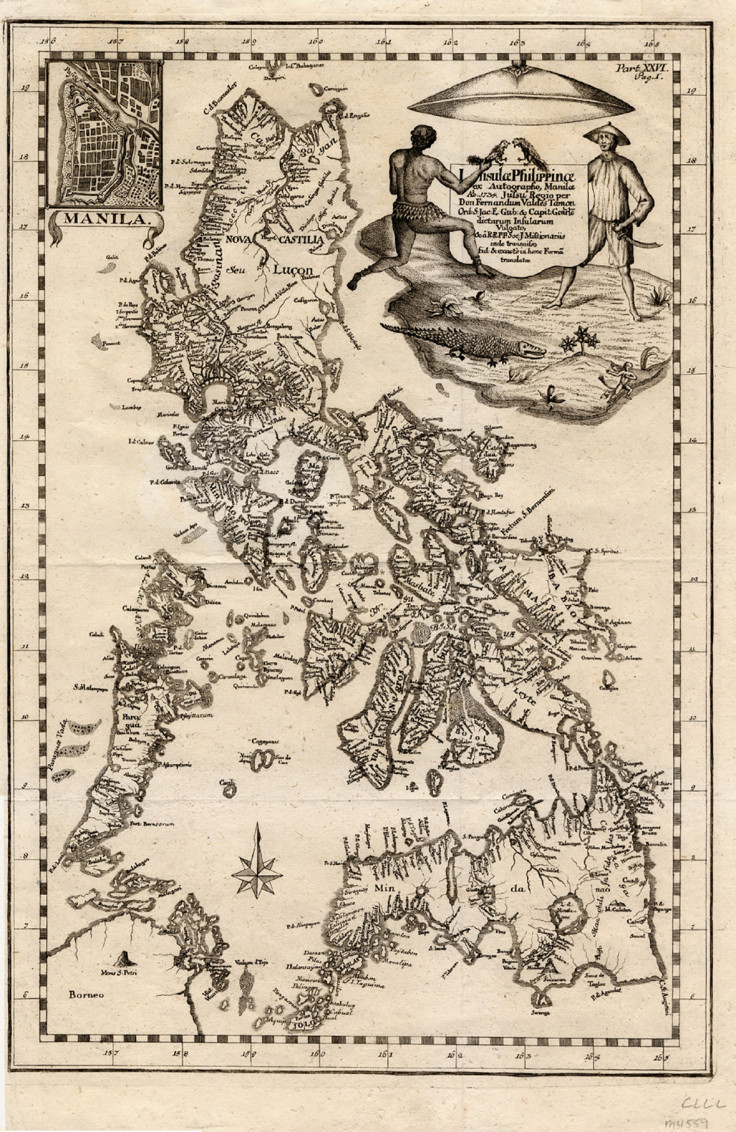Laos backs China over South China Sea dispute, rejects Hague ruling
Lao PM Thongloun Sisoulith expresses support to his Chinese counterpart Li Keqiang.
Laos has extended its support to China by refusing to accept the international court's ruling on China's sovereignty claims in the South China Sea. Lao Prime Minister Thongloun Sisoulith said on Thursday (14 July) that he would stand by China and was ready to work with it to maintain peace and stability in the disputed waters.
Xinhua news agency reported that Chinese Premier Li Keqiang and Sisoulith discussed The Hague ruling ahead of the Asia-Europe Meeting (Asem) that is happening in Mongolia's capital Ulaanbaatar from 15 July to the 16th. This will be the first major multilateral summit since the 12 July verdict.
The Permanent Court of Arbitration ruled in favour of the Philippines over the hotly contested waters, and Beijing took a firm stand against abiding by the arbitral judgment. China had earlier warned against discussing the court ruling during the Asem summit.
"Li Keqiang expounded on China's principle and stance on the [Philippines' South China Sea] arbitration case," Xinhua said. However it did not elaborate on the kind of relations China and Laos are expecting to build on.
China has been maintaining that it has widespread support for its refusal to accept the ruling, and Laos is the latest addition to its list. Many countries, including the US and the Philippines, have remained cautious. They have been quietly calling on Beijing to accept a peaceful resolution and adhere to international norms.
The Philippines has remained careful in order to avoid irking China. President Rodrigo Duterte said on Thursday (14 July) night at a private function that he would send former president Fidel Ramos to hold a meeting with China to resolve the issue.
"War is not an option. So, what is the other side? - Peaceful talk," Duterte said. "I cannot give you the wherewithal now. I have to consult many people," Reuters reported.
He also asserted that making peace with Beijing would not affect his country's longstanding relations with Washington.
However, Australian Foreign Minister Julie Bishop has infuriated China with her comments asking the communist country to recognise the panel's ruling. She said Australia would continue to exercise its right to freedom of navigation in the South China Sea although she did not mention whether it would stick to the 12 nautical mile distance for free patrolling.
Australia's ABC News reported that the Chinese foreign ministry expressed shock over its minister's remarks and snapped with a warning message to Australia to stay out of the waters threatening to break the bilateral relations.
"Australia should not treat the illegal ruling from an illegal arbitration court as international law. Carefully talk and cautiously behave. Australia should not do anything which will damage regional peace, stability and security as well as the relations between China and Australia," Lu Kang, spokesperson for China's foreign ministry told ABC News.
Following the court ruling, China earlier declared its right to set up an air defence zone to protect its interests and sovereignty in the sea should it be provoked by foreign forces. Beijing would see any patrolling or navigation flights over its territory as a direct challenge to it, which reportedly could raise tensions further in the region.

© Copyright IBTimes 2025. All rights reserved.





















